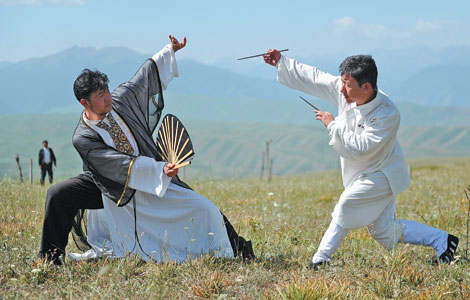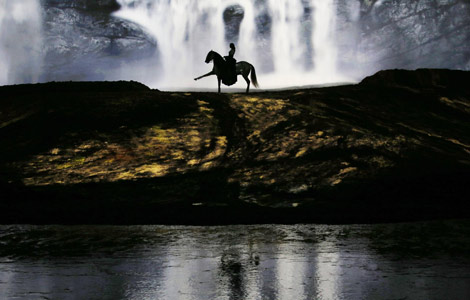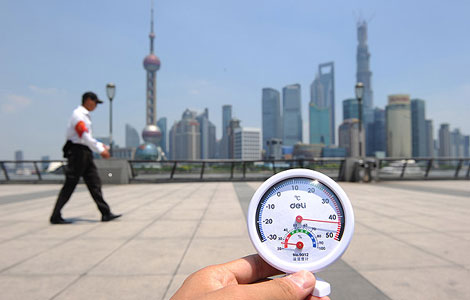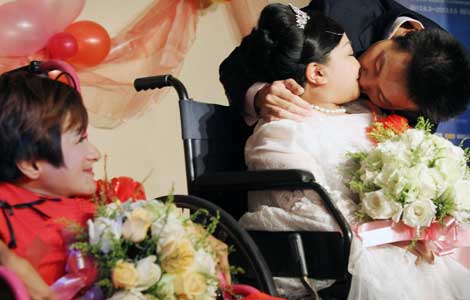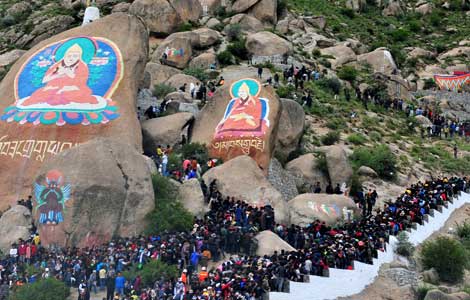Save the kids from death by water
Updated: 2013-08-07 09:56
By Wang Yiqing (China Daily)
|
||||||||
Last week saw a spate of drowning deaths, and in most of the cases the victims were youngsters. Incidentally, such accidents rise sharply during the summer holidays.
The Guangdong center for disease control and prevention estimates that 4,400 people drown in Guangdong province alone every year, and most of them are minors. According to World Health Organization's data, drowning is the leading cause of accidental death of children between 1 and 14 years in China.
Repeated warnings from schools and the media have failed to lower the drowning rate in China, exposing the loopholes in children's protection, especially in rural areas.
In 2007, a report by Safe Kids Worldwide, an international children protection NGO, said drowning was the cause of 57 percent of the accidental deaths of children aged 1 to 14 years between 2000 and 2005 in China. More noticeably, 83 percent of the deaths occurred in rural areas.
Since most of the children drowned while swimming or learning to swim, two factors seem to be responsible for their deaths: unsafe waters and lack of adult supervision. Rural children are more vulnerable to drowning, because children in urban areas don't have access to many unsafe spots in rivers, canals, lakes and ponds.
Lack of necessary adult supervision is the other main reason for the high rate of drowning in rural areas. Children are always curious and lack the ability to asses the risks involved in getting into unsafe waters.
Generally, parents or other adults are responsible for the safety of children. But the migration of a large number of able-bodied people from rural areas in search of better livelihood has left few adults to protect the "left-behind children" from potential danger. In homes that have seen husbands - and in many cases even their wives - migrate to cities, only grandparents are left to look after the children. Most of these senior citizens simply don't have the physical strength and energy to keep a check on their grandchildren.
Most Viewed
Editor's Picks

|

|

|

|

|

|
Today's Top News
Air force can help combat crowded skies
China sets no timetable for family planning update
Japan's new warship draws fire
Snowden obtains formal registration
Maiden flight in holding pattern
Small firms should also think global
NBA courts Sina Corp
Govt to court private capital
US Weekly

|

|
